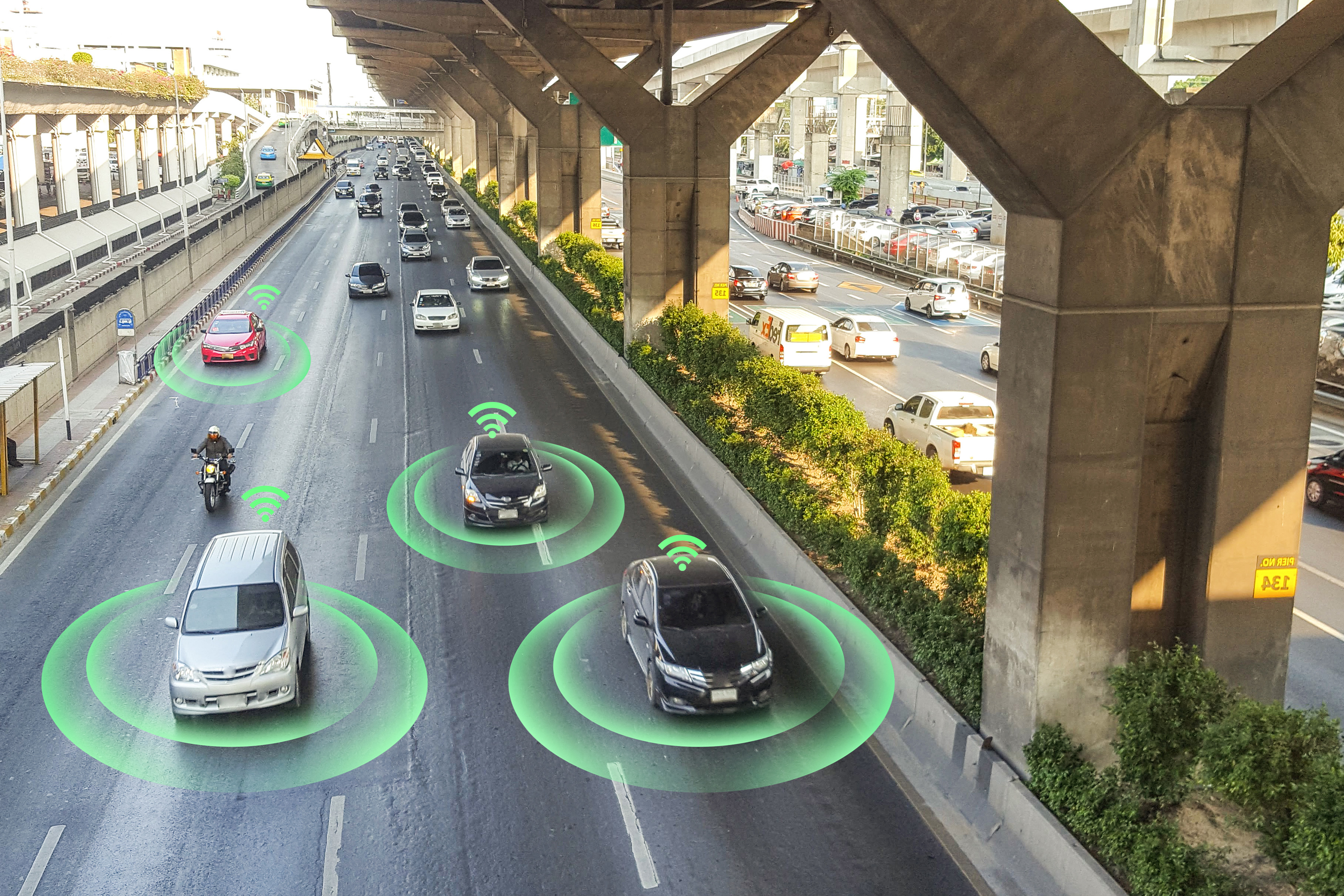Smart Cars
The time has arrived for smart cars and autonomous vehicles. While they are often used as synonyms, there is a difference. Smart cars are equipped with a high level of active crash avoidance technology (CAT) but still require a full-time human operator. As the name states, CAT consists of various forms of technology that decrease the probability of auto accidents. On the other hand, autonomous vehicles contain more such technology and substantial other features that displace humans as operators.
Some forms of CAT have been around for many years, such as rear crash avoidance taillights and antilock brakes. Most forms are relatively new and are more sophisticated.... sophisticated to the point that vehicles are becoming safer because they are increasingly capable of communication. Following are examples of CAT:
- Adaptive cruise control
- Adaptive headlights
- Blind spot detectors
- Electronic stability control
- Fatigue warning system
- Forward collision Avoidance Systems
- Lane departure warning systems
- Park assist and backover prevention systems
These devices and systems use cameras, monitors, wireless capability, radar and indicators. The result is that they enable vehicles to detect accident threats and to either warn a driver or take independent action to decrease danger. The technology allows monitoring of speed, lane use, proximity detection and other measures which, in smart vehicles, warn a driver and, in autonomous vehicles, result in automatic adjustments.
Autonomous Vehicles
As is the case with smart cars, autonomous vehicles are also loaded with safety devices that minimize the occurrence of accidents. This vehicle is also called a driverless car, robot car, automated car or self-driving car. Autonomous vehicles (AVs), while not common, are a reality. Various companies are developing and testing such vehicles, including traditional auto manufacturers and technology companies.
AVs are designed not to assist with driving but to take the place of human navigation. AVs are equipped to navigate traffic between various destination points. They are fully interactive with its environment, responding to other vehicles, driving conditions, sensing pedestrians, other objects and traffic control systems.
While the amount of AV development is staggering, testing such vehicles is ongoing, both in the U.S. and other parts of the world, especially in Europe. Authorities in other countries have allowed looser restrictions on AV testing than the U.S. Regardless of the restrictions, testing proceeds because of the possible benefits of making AVs viable.
AVs have the potential to be economically disruptive as well as transformative. Commonly cited benefits include:
- Substantive reduction in the number of traffic accidents and traffic deaths and injuries
- More efficient and quicker traffic flow
- Expanded use of vehicles as recreational and workspaces, particularly in more hazardous, off-road or dangerous cargo situations
- More efficient fuel use
On the other hand, many negatives accompany AVs, including:
- Reduced need for human drivers in numerous transportation jobs
- Elimination of vehicle service, repair and maintenance jobs
- Reduced need for hotels/motels as vehicles can be occupied during continuous travel
- Elimination of jobs in alternative transportation sources
- Loss of related insurance and risk management jobs
- Increase in cyber-attack exposures, including the use of vehicles in terrorism
Smart and autonomous vehicles still need insurance, but the increased presence of technology will have as big an effect on the role of insurance as it does on increased traffic safety.
Do you still have questions about the property that needs special handling? Contact Williams Insurance to speak to an insurance professional about your needs and make sure that you have proper protection.
Request a Free Quote Today!
Our team is ready to help you.
Resources
We can help with any of your insurance needs, providing personal, commercial, life, and health insurance policies and advice.
Get a QuoteGet in Touch
Contact Us
Phone: (714) 526-5588
Fax: (714) 526-4487
Email: info@williamsinsurance.com
Our Location
609 N. Harbor Blvd.
Fullerton, CA 92832
